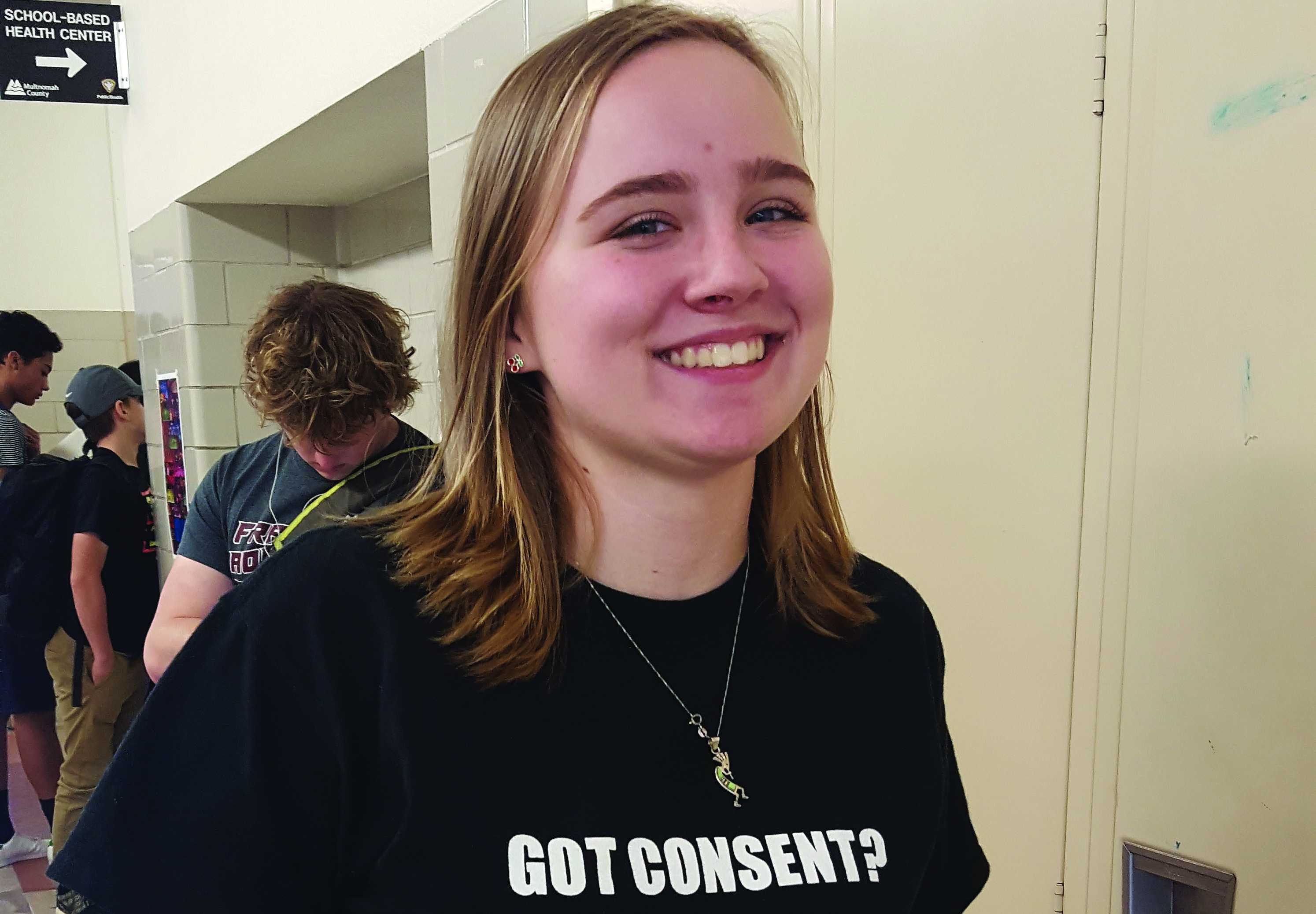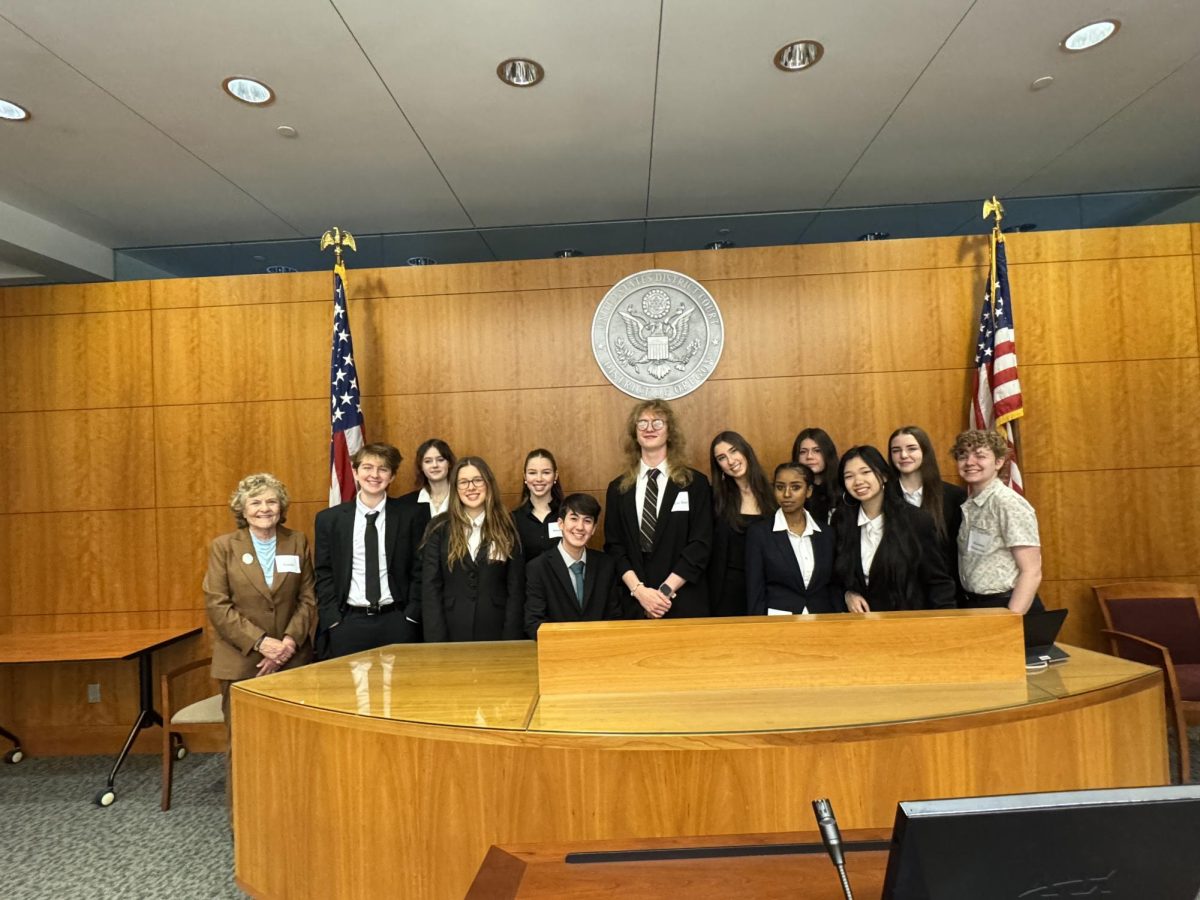
This April, the school board was given a proposal, headed by Cleveland High School senior Annabelle Schwartz, to strengthen the Portland Public Schools (PPS) student anti-harassment policy by including specific procedures on how to deal with sexual assault from students. It offers clearer guidelines to principals on how to investigate all claims, promptly, and to determine whether an alleged assailant needs to be punished and how. It also directs students with questions to a coordinator of sexual-assault prevention and response— a new position being created for next school year.
If the proposal is passed, this will be the first time PPS policy specifically declares sexual assault and sexual abuse as prohibited behavior. Until now, PPS’s written policy has been limited to forbidding sexual harassment among students, but it leaves out other behaviors that are outlawed under Title IX, the federal anti-discrimination law that PPS follows as a recipient of federal funds.
Aside from school-supported extracurricular activities, student discipline rules typically apply only to behavior in school. It can be argued that under Title IX, however, assaults that happens off campus and disrupt the school environment can also be reason for discipline. The new policy works to spell that out.
The proposal was set in motion a year and a half ago. Schwartz testified before the PPS School Board and delivered an urgent message. Students who had been sexually victimized by other students weren’t getting any help from administration, who seemed to dismiss the claims.
“When survivors go to administrators with allegations of sexual assault they’re basically getting nothing but an, ‘I’m sorry,'” Schwartz says. “The policy didn’t mention sexual assault. It uses the word sexual harassment, but that doesn’t necessarily include sexual assault. Thus, there is not guidelines for how to deal with reports of student-on-student assault.”
Schwartz has since dedicated herself to ensuring that everyone has adequate access to support regarding assault. Not only has she headed this proposal, but she is also the chair of Students Active For Ending Rape, or SAFER (Franklin also has a SAFER club which any student can join), and she has an open door policy to anyone who needs support.
“It’s everyone’s responsibility to make sure this policy is used and administration works hard for survivors,” Schwartz explains. “Principals and their staff need to follow this, but students need to know it’s there, and advocate for each other.”
The policy will be voted on sometime this month.
































